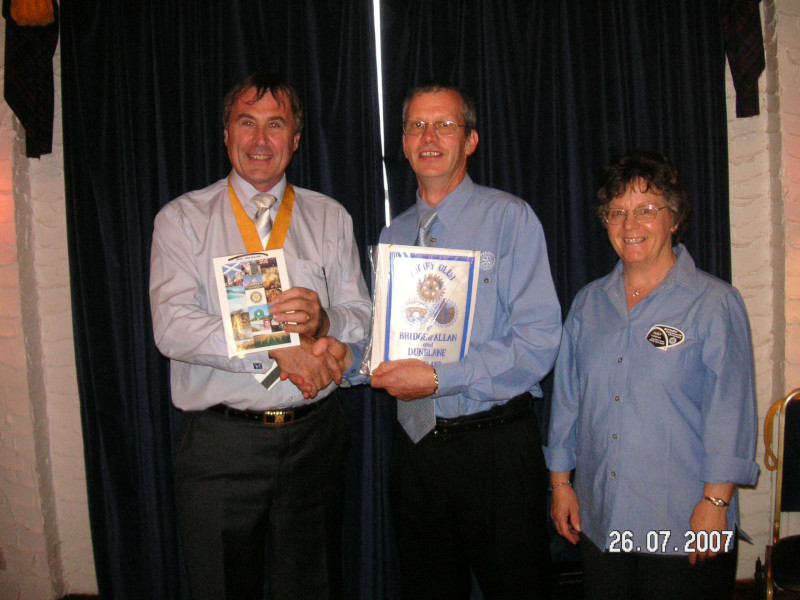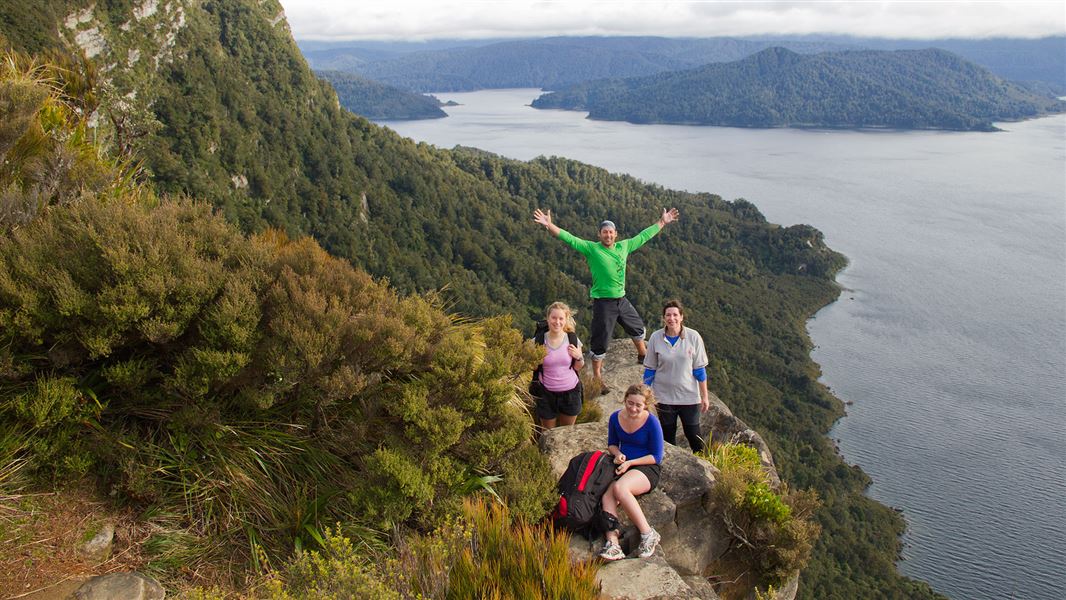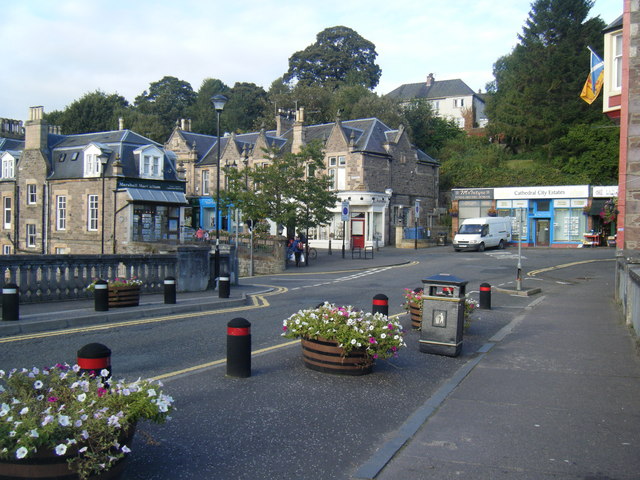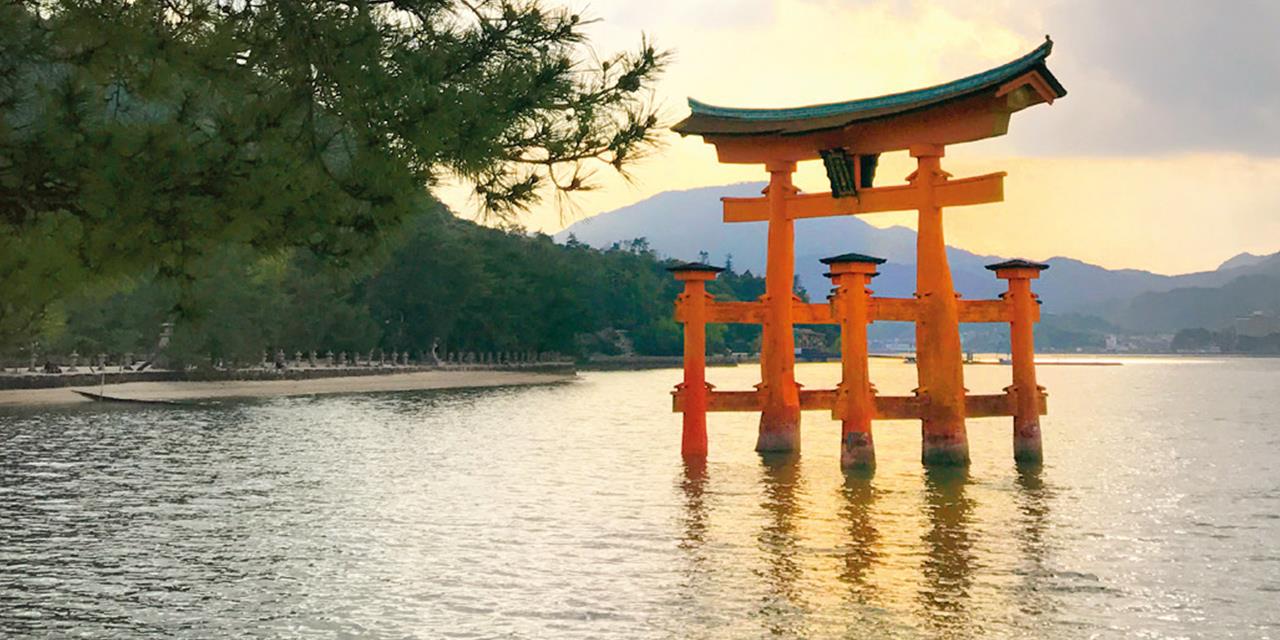
I was invited to join Rotary in 1990 (that’s how it was in those days) and my first committee was International, and this side of Rotary became a huge part of our lives. My Gisborne club, in District 9930, was very active in hosting both GSE (Group Study Exchange) and RFE (Rotary Friendship Exchange).
In District 9930 exchange visitors generally start in the Waikato, then move onto Hawkes Bay, up to Gisborne, and then across to the Bay of Plenty. With only two Rotary Clubs in Gisborne jointly hosting these visits, we had a visit most years. Jenny and I became involved in hosting and over the years we had many visitors staying with us, generally for three nights, from many countries.
We have hosted GSE groups from Norway, Denmark, Sweden, Latvia, Germany, Switzerland, United Kingdom, Brazil, Argentina, Canada and the United States. Memorable visitors included a Korean/Swedish girl who was part of the team flight-testing Saab aircraft, an F16 fighter pilot from Israel, a doctor from Latvia, a petrol-head from Sweden, and a police officer from the UK.
There was a teacher of English from Argentina, who didn't want to be known as an English teacher as people might think she was English!! And there was a Swiss banker who had traveled around NZ by chauffeur-driven car on his previous visit but who, as team leader this time, had to help cook a communal meal and share a cabin with Jenny and me at Lake Waikaremoana. He was definitely out of his comfort zone.
These GSE visits were supposed to be educational or vocational, but as Gisborne was in the middle of a six-week visit, we were allowed to add a lot more R&R to our program. We included yachting, visits to Lake Waikaremoana, or Mahia, or trips up the East Coast and, of course, time on the Gisborne beaches. A club BBQ was always part of the program and occasionally our visitors cooked regional dishes.

The RFE visits were even more relaxed and comprised mainly retired or semi-retired Rotarians. We had visitors from the United States, Canada, the United Kingdom, Germany, Turkey and the Nordic countries, and we always thoroughly enjoyed the time we spent showing them around.
We hosted a team from Scotland in 2006, and in 2007 we went on a return visit. We had 15 nights staying with five hosts, each for three nights, starting at Dunblane, moving north to Thurso, across to the Orkney Islands, and then down the East Coast staying at Banff and Dundee. Our hosts were all most welcoming and very hospitable, often with a ceilidh to finish off the night along with a few too many whiskies.

Dunblane, Scotland
In the mid-1990’s Juken Nissho, the Japanese timber company, came to Gisborne. The owner was the founding President of the Hatsukaichi Rotary Club (Hiroshima) and Mr Nakomoto, a venerable Japanese gentleman with limited English, became a visitor to our Club. Their Club made a formal visit in 1998 and six members of our Club, along with partners, visited them in 2000.
We were invited to the Fifth Anniversary of their Club, a huge event with guests from throughout Japan. I was the president of our Club at the time and had the daunting task of addressing the gathering. The proceedings were all in Japanese with virtually no translation. I was told that when my name was mentioned I was to go on stage to make my speech. Proceedings started (all in Japanese) and then I heard my name and some clapping so stood up to go on stage. A Japanese gentleman grab me by my suit tails and said, “No Mr Tony, just introduction, not time to speak” - not one of my better nights.

For our five nights at Hatsukaichi we were looked after as only an affluent Japanese Rotary Club could, and even managed to fit in a night at an unbelievable ski/spa resort up in the mountains as their guests. We were totally exhausted after the five days of temples, sightseeing, wining and dining, and formal tea ceremonies, along with some very late nights.
In 2002 they did a return visit to Gisborne and we decided to give them a full-on visit with long days and little time for rest as an appreciation of how they treated us. We included a dawn breakfast on the beach to watch the sun rise out of the sea, trips to the stock sale-yards, sheep stations, fruit processing plants and orchards - plenty of fresh air and sun. By day four they asked if they could have the afternoon off to rest. By this stage after three joint visits we were getting to know both the Rotarians and their partners very well, and despite the language barrier we had an absolute ball but I must admit it was much easier when good interpreters were present.
When they left Gisborne all the Rotarians involved lined up for a formal farewell with Mr Nakamoto and guests and our partners stayed in the background as they had done on previous occasions. But Mr Nakomto suddenly broke ranks to go up and thank them personally which took us all totally by surprise. Sadly, Mr Nakomoto is no longer with us and the relationship between the two clubs was not continued by his successor.
When I was first placed on the International committee in 1990, I could never have imagined how well it would work out and we are very grateful for these opportunities, among the many others, that have resulted from my involvement with Rotary.